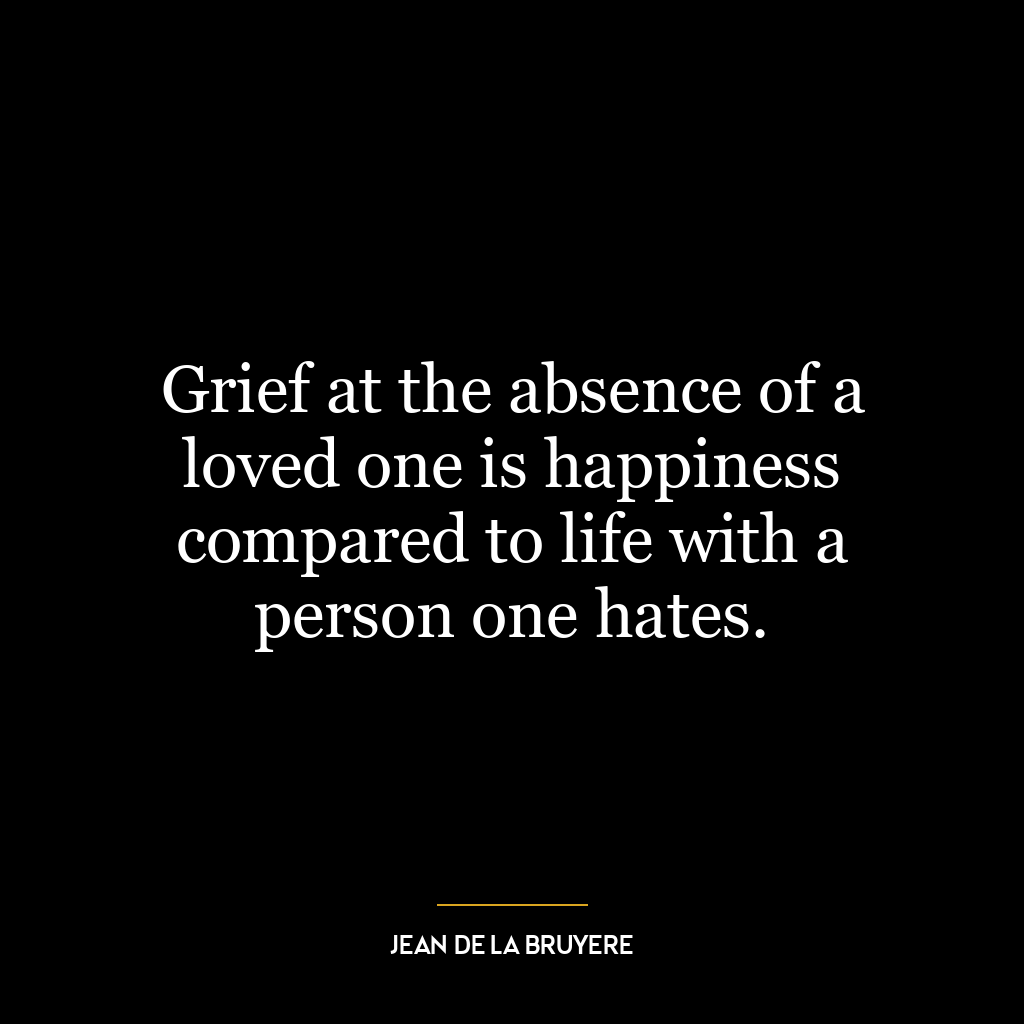If we weep for all the deaths in our country, the tears in our eyes would never dry.
This poignant quote by Mahatma Gandhi conveys the profound sorrow and empathy that one might feel when confronted with the reality of human mortality, specifically within the context of one’s own nation. It suggests that if we were to truly comprehend and mourn each death within our country, we would be in a constant state of grief, as our tears would never cease.
The statement is metaphoric in nature; it uses tears as a symbol for sorrow and grief, while “never dry” signifies an unending process. The phrase “all the deaths in our country” encapsulates not only physical death but also metaphorical deaths such as loss of innocence, destruction of culture or heritage, or erosion of moral values.
In today’s world, this quote can be interpreted from various angles. In terms of socio-political perspective, it could refer to the countless lives lost due to wars, terrorism, poverty or disease. Each life lost represents a personal tragedy for those left behind – families are shattered and dreams are crushed. Yet these individual tragedies often get overlooked in broader narratives or statistics.
From an environmental perspective this could allude to loss caused by climate change-induced disasters like wildfires or floods which lead to fatalities and displacement of people from their homes.
In terms of personal development too this quote has relevance. It reminds us about empathy – understanding other’s pain without experiencing it ourselves – an essential quality for personal growth and emotional intelligence. It encourages us not only to acknowledge but also deeply feel collective suffering thereby fostering compassion towards others’ hardships.
However there is another aspect here – while mourning is important so is moving forward lest we become paralyzed by grief; hence balance between acknowledging pain yet continuing with life’s obligations becomes necessary.
Thus Gandhi’s words serve as reminder about shared humanity where every life matters; they prompt us towards greater compassion while cautioning against being consumed by sadness over things beyond individual control.








